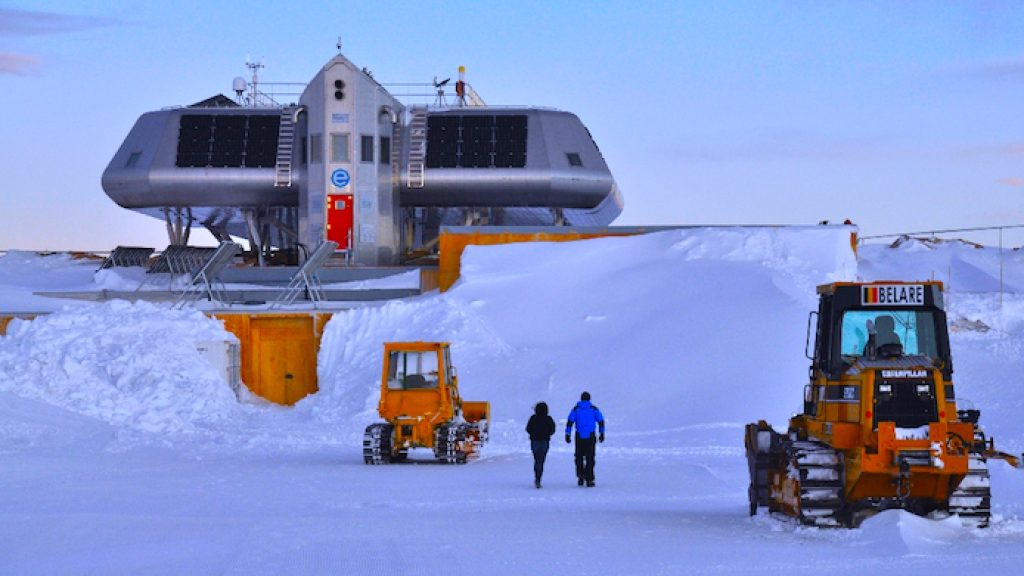The 2017-2018 scientific season at Princess Elisabeth Antarctica Research Station has begun. Its founder Alain Hubert and his crew have been preparing the station for the first group of scientists who just have arrived in Antarctica. As previously reported by The Brussels Times the proper functioning of the research station was made possible by an agreement between the Belgian government and the International Polar Foundation on the management of the station.
The agreement was announced earlier this year by the Zuhal Demir, the Belgian secretary of state for science, and Alain Hubert, founder and president of the International Polar Foundation. It foresees the re-establishing of a public-private partnership that will manage the station.
This season 24 scientists from nearly a dozen countries are represented, some for the very first time come from Turkey and Taiwan. A number of Belgian and international scientific projects are planned across a range of disciplines.
Princess Elisabeth is located in Eastern Antarctica. The Station is surrounded by a wide variety of research environments, from mountain ranges jutting out of the ice sheet, to wide dry valleys, huge ice fields and icy cold freshwater lakes that are almost always frozen.
The station offers scientists a range of technical and logistical services ranging from field deployment to communication and equipment electronics support.
There are also some equipped laboratories at Princess Elisabeth. This range of support means that scientists can focus all their time and energy on research, rather than on the extreme challenge of survival, which they would face if they were working alone in Antarctica, one of the harshest and most remote environments on Earth.
Dr. Henri Roberts from the Royal Belgian Institute of Natural Sciences will carry out the first ever bird population assessment in the region, while Canadian scientist, Dr. Lori Ziolkowski, is returning to the station to continue her research on microbial activity in Eastern Antarctica.
An automatic weather station built by the University of Wisconsin will also be deployed. The intention is to provide all the data from the station on-line.
Over the 2017-2018 research season, scientists will arrive at different times to carry out research in and around the station. When they arrive in Cape Town, they must await perfect weather conditions before making the long 6 hour journey over the Southern Ocean by an Ilyushin 76 to land at the Russian air base Novolazarevskaya.
They will then have to take a smaller plane to reach Princess Elisabeth, nearly 200 km inland.
M. Apelblat
The Brussels Times

